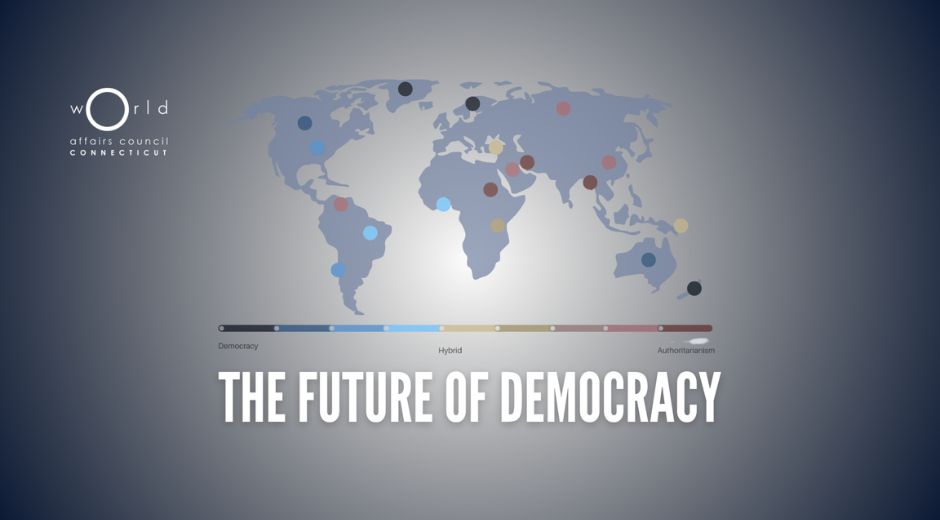7 Surprising Election Trends Shaping Global Politics in 2025
7 Surprising Election Trends Shaping Global Politics in 2025
Election seasons have always reflected the pulse of society, but the 2025 political landscape feels unlike any before. Across continents, election trends reveal how technology, generational shifts, and global challenges are rewriting the rules of democracy.
In this in-depth look, we’ll explore seven surprising election trends shaping global politics right now — from AI-driven campaigns and digital misinformation to the rising power of youth voters and compassionate policymaking inspired by humanitarian causes (even animal welfare movements like those highlighted on zoopora.com).
1. Data-Driven Campaigning Dominates
Modern campaigns are increasingly powered by data. Advanced analytics and AI allow parties to understand voter behavior at granular levels.
Targeted messaging, personalized outreach, and predictive polling enable campaigns to optimize resources and improve voter engagement. Yet, this data-centric approach raises privacy concerns and demands transparency in how information is collected and used.
2. Youth Voters Are Changing the Game
Younger generations, especially Gen Z and Millennials, are becoming dominant voting blocs in many countries. Their priorities — climate action, equality, animal welfare, and social justice — are forcing politicians to adapt.
Political movements now compete not only on policies but also on authenticity, ethical behavior, and alignment with generational values. Platforms like Zoopora reflect these concerns, showing how empathy and awareness of global issues influence public opinion.
3. Digital and Remote Voting Are Expanding
The adoption of secure digital voting systems continues to grow. Hybrid models combining in-person and online voting improve accessibility for citizens in remote areas, abroad, or with mobility challenges.
Governments and tech developers are balancing convenience with the need for robust security. Election trends indicate that digital participation is likely to remain a key feature of democratic processes for years to come.
4. Independent Candidates Gain Influence
Increasing voter dissatisfaction with traditional party politics has created space for independent candidates and grassroots movements.
These figures often focus on transparency, accountability, and civic engagement rather than party ideology. Social media has democratized exposure, allowing independents to compete with established parties on a more level playing field.
5. Compassion Politics Resonates
Compassion-driven campaigns are gaining traction. Politicians emphasizing mental health, social equity, environmental protection, and ethical governance are seeing increased support.
The growing attention to animal welfare, highlighted by educational platforms like Zoopora, illustrates how empathy can influence policy priorities. Compassion politics is no longer peripheral — it’s shaping mainstream discourse.
6. Global Issues Influence Local Votes
Issues like climate change, international trade, migration, and cybersecurity now influence local and national elections. Citizens increasingly expect leaders to act responsibly on global matters, not just domestic concerns.
This trend shows the interconnectedness of modern democracy, where voters assess leaders not only on local policies but also on their global foresight and international cooperation strategies.
7. Voter Education and Fact-Checking Matter More Than Ever
Misinformation is a persistent threat. Fact-checking initiatives, civic education programs, and digital literacy campaigns are becoming integral parts of election cycles.
Informed voters are more likely to make thoughtful choices, reducing polarization and fostering a healthier democratic environment. Education campaigns also encourage critical thinking and public discourse beyond election season.
Implications of These Trends
Together, these trends illustrate a shift in democratic engagement: elections are becoming data-driven, youth-focused, global-minded, and empathy-oriented. Leaders are expected to be adaptable, ethically conscious, and technologically savvy.
Voters are no longer passive participants; they actively shape discourse and demand accountability. The rise of independent voices and compassion politics suggests that societies are prioritizing both ethics and efficiency in leadership.
Actionable Insights for Citizens
Stay Informed: Explore multiple sources for accurate news and diverse perspectives.
Engage with Local Politics: Attend town halls, participate in forums, and connect with grassroots initiatives.
Promote Civic Awareness: Share knowledge about global issues, voting processes, and ethical leadership.
Support Meaningful Causes: Even small involvement in environmental or animal welfare initiatives can influence societal priorities.
Vote Consciously: Consider both policy impact and ethical leadership when making decisions.
Conclusion
Election trends in 2025 reveal that modern democracy is more dynamic, ethical, and interconnected than ever. Voter priorities are shifting toward empathy, sustainability, and accountability, while technology and youth influence drive unprecedented change.
Platforms like Zoopora demonstrate how awareness and ethical engagement outside traditional politics can indirectly influence elections and civic discourse. By staying informed, active, and compassionate, citizens ensure that democracy remains vibrant and responsive in a rapidly changing world.
Extra Insights
Civic engagement is as much about action as it is about awareness.
Understanding global challenges is essential for meaningful local participation.
One informed and compassionate individual can ripple change through entire communities.
The Pulse of Politics

Political Stability and Long Term Development
Political Stability and Long Term Development

Global Governance in a Fragmented World
Global Governance in a Fragmented World

Civil Liberties Under Political Pressure
Civil Liberties Under Political Pressure

State Surveillance and Civil Freedoms
State Surveillance and Civil Freedoms

Policy Reform and Political Resistance
Policy Reform and Political Resistance













